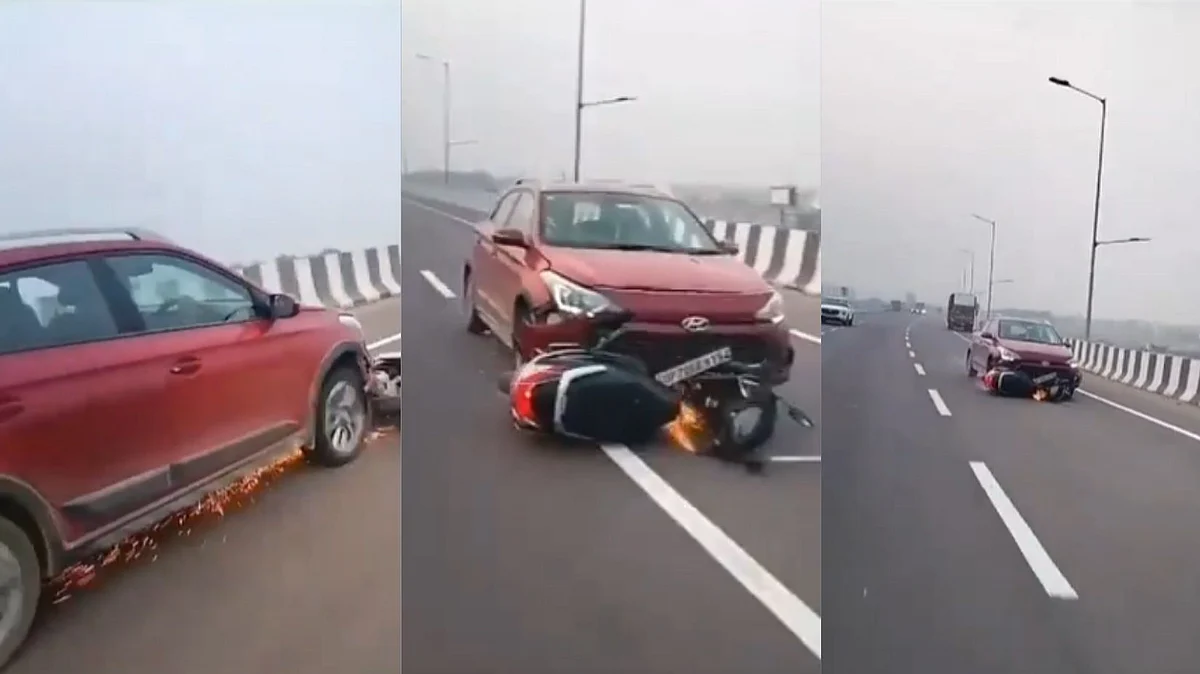The migrant crisis in India has been the centre of every news debate for a while now. With many struggling to reach their homes on foot or by congested modes of travelling, barely managing to gather a meal, and no financial backing, the current situation only seems to worsen with each day passing by.
Recently, a letter surfaced on social media written by a migrant worker, who stole a bicycle in Rajasthan’s Bharatpur, to cover a distance of more than 250 kilometres with his specially-abled son till Bareilly, his home, in Uttar Pradesh.
Mohammad Iqbal stole the bicycle from Sahab Singh, who found a letter while sweeping the corridor of his house. The letter read, “Main majdoor hun, majboor bhi. Main aapka gunehgar hu. Aapki cycle lekar ja raha hu. Mujhe maaf kar dena. Mujhe Bareily tak jana he. Mere pass koi sadhan nahi he aur viklang baccha hai (I am your culprit. But, I am a labourer and also helpless. I’m taking your bicycle. Forgive me. I have no other means to reach and I have a specially-abled child. I have to go to Bareilly)."
Indian writer Varun Grover reacted to the news on Twitter and wrote, "If/When history of this pandemic is written, the grace & humanity of those suffering will find equal space as the cruelty & apathy of the privileged & the powerful."
Earlier, a picture shared on social media, showed a migrant kid sleeping on his mother’s suitcase, being dragged while walking on foot to reach their destination. The video was deemed as heartbreaking and embarrassing on the part of officials managing the migrant crisis.

In another incident a 9-month pregnant woman walked 196 kilometres on foot, from Ahmedabad with her husband, son (1-year-old) and daughter (2-year-old) for 6 days to reach her native place in Madhya Pradesh's Ratlam.
Surprisingly, no one took pity on her condition throughout the way as she crossed district after district, checkpost after checkpost with an aim to reach her native place at the earliest.
However, it was her luck to get a few good samaritans at Dungarpur checkpost, who seeing her plight, stopped her and offered her food and transportation to help her reach her hometown.











